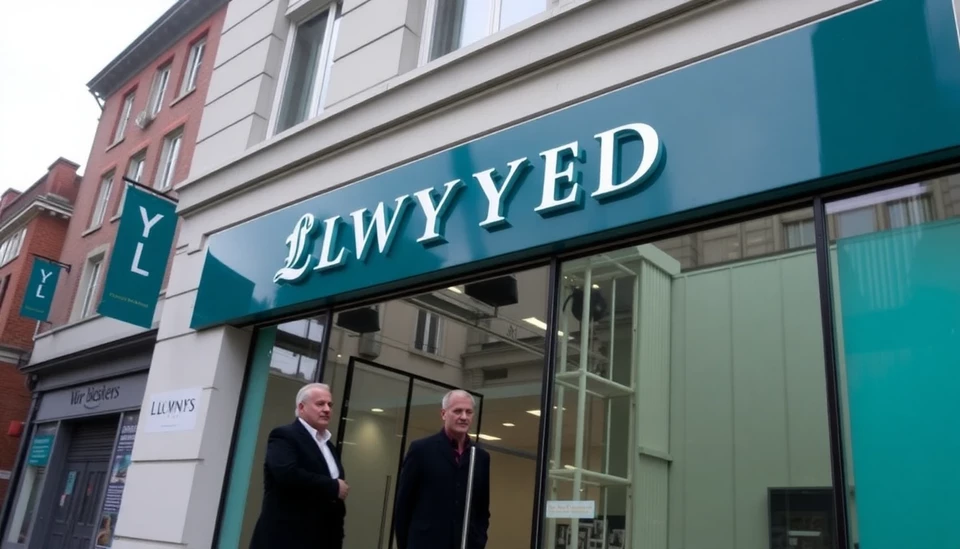
In a striking case of fraud within the commercial real estate sector, a strip mall investor from California, Fred C. (last name withheld for privacy), has been sentenced to five years in federal prison after being found guilty of orchestrating a scam involving a fictitious bid for WeWork lease agreements. The case, which has drawn considerable attention, highlights the lengths individuals may go to exploit financial opportunities, using dishonest methods to achieve personal gain.
Fred C. was convicted for misleading potential investors by falsely claiming he had secured a substantial commitment from WeWork. The fraudulent activities had started in late 2018 when he devised a plan to enter into a partnership with the controversial co-working company. Instead of communicating a legitimate investment strategy, Fred C. fabricated documents showcasing a significant financial transaction, which he touted to attract investors eager to get a piece of the lucrative property market amid the rise of flexible workspaces.
The scheme unraveled after several investors began to question the legitimacy of Fred C.’s claims. They sought verification through direct contact with WeWork, only to discover that no such bid or partnership existed. This led to law enforcement becoming involved, ultimately exposing Fred C.'s deceptive practices and prompting an investigation that detailed a series of lies ranging from false identities to fake documentation aimed at achieving his objectives.
During the trial, federal prosecutors illustrated how Fred C. had duped investors, making off with hundreds of thousands of dollars that had been entrusted to him under false pretenses. The court proceedings revealed a pattern of deceit that not only affected individual investors but also raised broader concerns about the integrity of investment practices in the commercial real estate sector. As more details emerged, it became clear that Fred C. had leveraged the rising popularity of WeWork to construct an elaborate facade that would lure in unsuspecting individuals.
In addition to the five-year prison sentence, Fred C. was also ordered to pay restitution to the affected investors, marking a significant example of accountability in a domain where financial crimes can easily go unchecked. Experts have noted that this case serves as a crucial reminder of the importance of due diligence in investments, especially in an era where promises of big returns can sometimes be too good to be true.
The ramifications of this fraudulent case extend beyond Fred C.'s personal consequences. They raise critical discussions about investor protections and the regulatory measures currently in place within the commercial property market. Advocates argue that stronger safeguards are necessary to prevent similar scams in the future and to ensure that individuals and entities involved in real estate investments are transparent and truthful in their dealings.
As the dust settles from this high-profile case, the commercial real estate community is urged to reflect on the lessons learned and the importance of maintaining ethical standards. For Fred C., the journey from a promising property investor to a convicted scam artist serves as a cautionary tale that underscores the perils of greed and the ramifications of fraudulent behavior.
#Fraud #WeWork #RealEstate #InvestmentScam #California #InvestorProtection #CommercialRealEstate
Author: Victoria Adams




